TOLTERODINE - ORAL
PHONETIC PRONUNCIATION: (tol-TER-oh-deen)
COMMON BRAND NAME(S): Detrol
GENERIC NAME(S): tolterodine tartrate
Uses
USES: This medication is used to treat an overactive bladder. By relaxing the muscles in the bladder, tolterodine improves your ability to control your urination. It helps to reduce leaking of urine, feelings of needing to urinate right away, and frequent trips to the bathroom. This medication belongs to the class of drugs known as antispasmodics.
How to use TOLTERODINE - ORAL
HOW TO USE: Read the Patient Information Leaflet if available from your pharmacist before you start using tolterodine and each time you get a refill. If you have any questions, ask your doctor or pharmacist. Take this medication by mouth with or without food as directed by your doctor, usually twice a day. Use this medication regularly to get the most benefit from it. To help you remember, use it at the same times each day. The dosage is based on your medical condition (especially kidney and liver disease), response to treatment, and other medications you may be taking. Be sure to tell your doctor and pharmacist about all the products you use (including prescription drugs, nonprescription drugs, and herbal products). Ask your doctor or pharmacist for more details. Do not increase your dose or take this medication more often than directed. Your condition will not improve any faster and your risk of serious side effects may be increased. Tell your doctor if your condition persists or worsens.
Side Effects
Precautions
Interactions
Overdose
Images
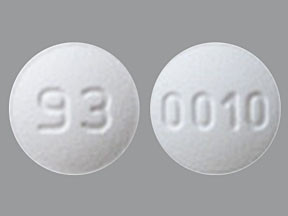
- color
- white
- shape
- round
- imprint
- 93, 0010
Reviews
Faq for TOLTERODINE - ORAL
Tolterodine is used to treat overactive bladder symptoms such as frequent urination, urgency to urinate, and incontinence.
Tolterodine works by reducing muscle spasms in the bladder, thereby decreasing the frequent urge to urinate.
Common side effects of tolterodine may include dry mouth, constipation, blurred vision, dizziness, and headache.
Tolterodine is usually taken by mouth with or without food, as directed by your doctor. It is important to follow the prescribed dosage and not take more or less than recommended.
It is not recommended to take tolterodine during pregnancy or while breastfeeding. Consult your doctor for alternative options.
If you miss a dose, take it as soon as you remember. However, if it is close to the time for the next scheduled dose, skip the missed dose and resume your regular dosing schedule.
Tolterodine is generally not recommended for use in children. It is usually prescribed for adults aged 18 years and above, but consult a doctor for specific cases.
The effects of tolterodine may start within a few hours of taking the medication, but it may take up to several weeks for the full benefits to be experienced.
Tolterodine can interact with certain medications, such as antifungal drugs, antibiotics, and other bladder/urinary medications. Inform your doctor about all the medications you are currently taking to avoid potential interactions.
Disclaimer
IMPORTANT: HOW TO USE THIS INFORMATION: This is a summary and does NOT have all possible information about this product. This information does not assure that this product is safe, effective, or appropriate for you. This information is not individual medical advice and does not substitute for the advice of your health care professional. Always ask your health care professional for complete information about this product and your specific health needs.
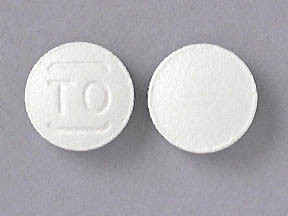
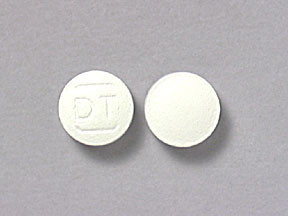
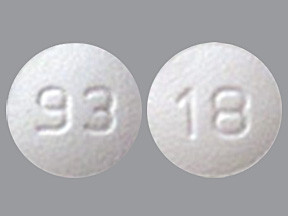
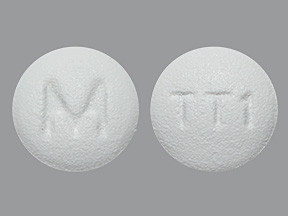
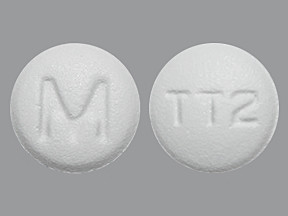
No Reviews Yet